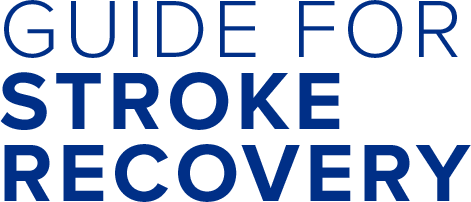Being active reduces your risk of stroke.
Regular physical activity helps:
- improve your blood pressure and ‘good cholesterol’ levels
- control your blood sugars
- give you more energy
- you to sleep better
- reduce stress
- prevent constipation
- give you a feeling of well-being
- you stay at a healthy weight
There are many community programs that can help people continue to be active and practice the skills learned in a group setting after rehab.
Being active is good for your body and mind. Ask your physiotherapist or healthcare provider about the type and amount of activity that is right for you.
You may want to participate in a community exercise program for people with stroke and other neurological conditions such as the Together in Movement and Exercise (T.I.M.ETM) program or take part in some aerobic activity. It is encouraged that you follow some exercise recommendations.
It is a good idea to talk to your healthcare team before increasing your level of activity. If you have heart disease or other health problems, you may need to be monitored by a doctor. You could also participate in a cardiac rehab program.
To increase your activity, start by choosing activities you enjoy.
Some examples are walking, swimming and taking part in group exercise classes.
If you have trouble with certain movements or with balance, speak to your physiotherapist or healthcare provider. They can help you learn to adapt exercises to your abilities.
How much exercise do I need?
Start slowly and increase over time.
To keep your body healthy, you should aim for:
- 30 to 60 minutes of moderate aerobic exercise 5 days a week
- Stretching 3 days a week
- Strength-building exercise, 3 days a week
Moderate means a medium level exercise. You should be able to talk while doing the activity. Examples of moderate aerobic exercises include walking, swimming or dancing.
Download a physical activity worksheet here.
Having read the information in this section, consider the following:
- Am I getting enough exercise?
- Am I doing exercises that are safe for me?
- Do I need help so the exercises I enjoy are safer to do?
- Do I know where to find exercise programs that are right for me?
